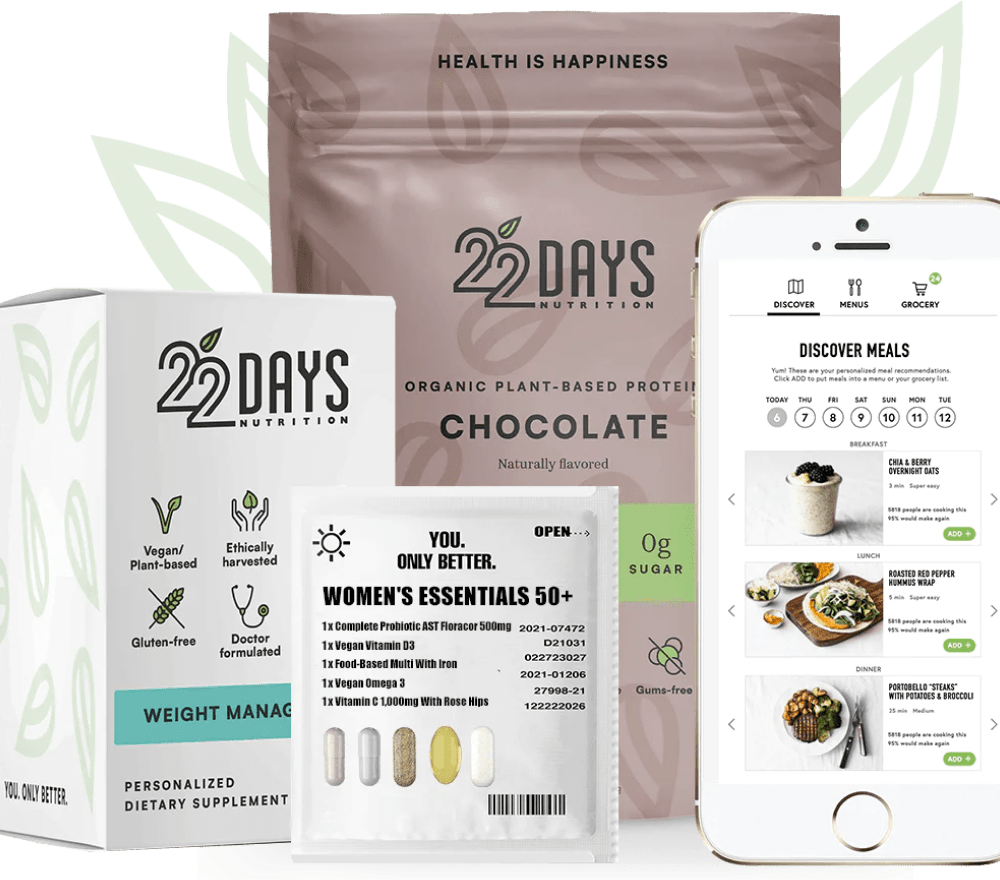5 Tips on Creating an Organic Garden

Now that spring has finally sprung, it’s time to start planning your organic garden for this summer. Even if you already have a well-established garden, converting it to organic can give you healthier fruit, vegetables, and herbs, as well as reduce negative impacts on the planet.
5 Tips To Get You Started
1. Where’s the Light? Start by assessing the amount of light your garden gets and at what time of the day. Try to plan your garden so that some areas get plenty of sunshine while others are partially shaded; this will let you plant a variety of species. Keep in mind that shaded areas will require less watering than areas that receive a lot of sun. 2. Super Soil The soil is your plants’ life-blood, so consider carefully the type of mix you choose to put in your garden. New gardens will require organic garden soil and possibly some manure to ensure a nutrient-rich blend, while established gardens may simply need a bit of manure or compost to refresh the soil. Also consider the types of plants you're growing – they may each have different nutrient requirements. Remember to keep it organic! 3. Ground or Raised Beds? Tough choice. Raised beds certainly look nicer and can make weeding and planting easier, as well as give your garden a fresh start. However, if the cost of building a raised garden is too much, then an in-ground garden is the way to go. Remember that you may still need to fence it off if you have dogs or other pets that you want to keep out. 4. Picking Plants Finding organic seeds and plants is fairly easy, but if you can’t find a local supplier, then check online. Ensure that the plants you choose work with your garden’s light and soil, otherwise you will be in for a struggle. Also pay attention to whether certain plants should or should not be planted near each other before you put them in the ground. 5. Wise Water Watering regularly (and more often after hot weather) is the key to growing great vegetables and fruit, but a conscientious gardener should keep Mother Earth in mind too. Watering early in the morning is best, as this will reduce evaporation and ensure that plants have enough moisture to face the heat. Try to use soaker hoses rather than above-ground sprinklers – particularly if you tend to water later in the day or at night. Finally, consider one or more rain barrels as they let you recycle the rain from your home’s roof so you can keep your garden watered without draining local resources. Bonus Tip: Flowers Don’t forget flowers! Even if you're primarily focusing on a vegetable garden, adding some flowering plants can make your garden beautiful and even attract honeybees, which will help your garden pollinate more quickly. Photo credit:
jaxxon




